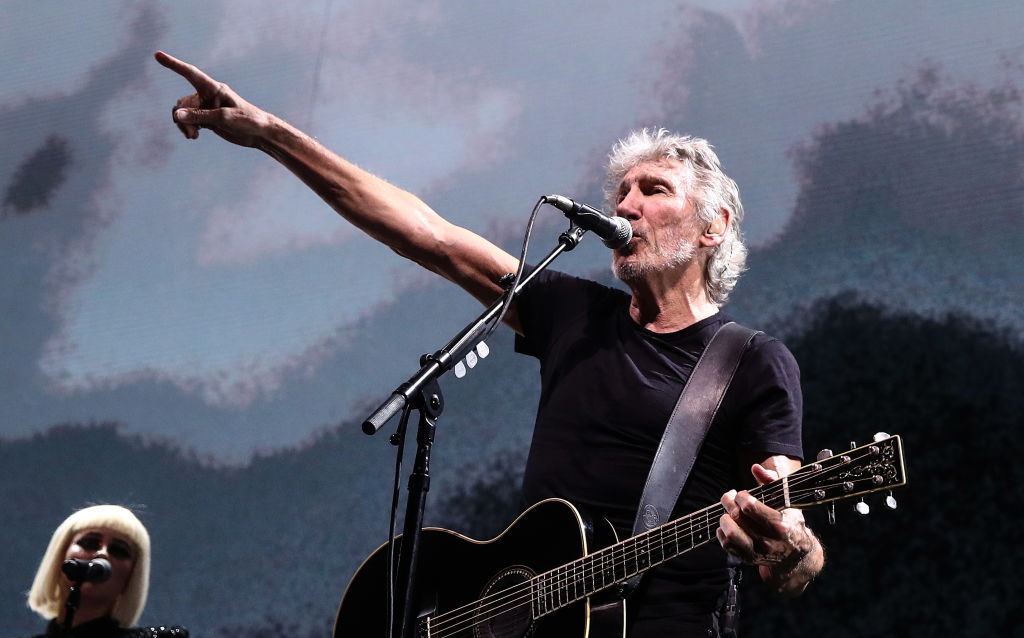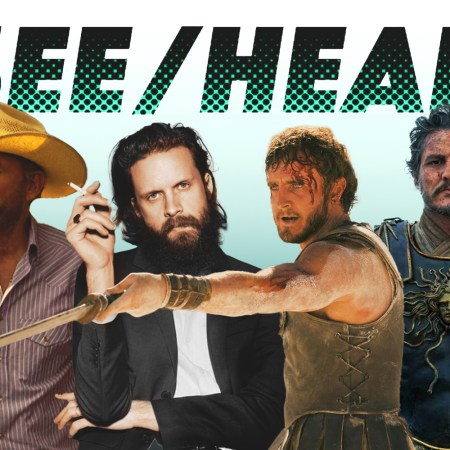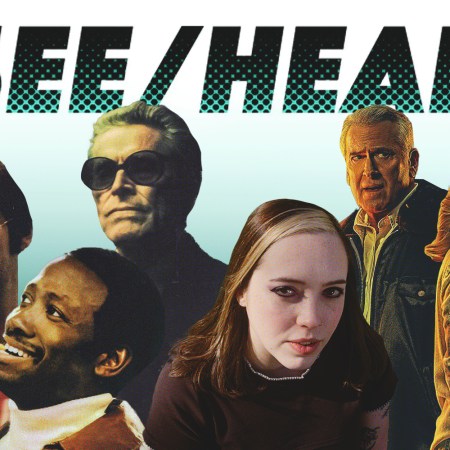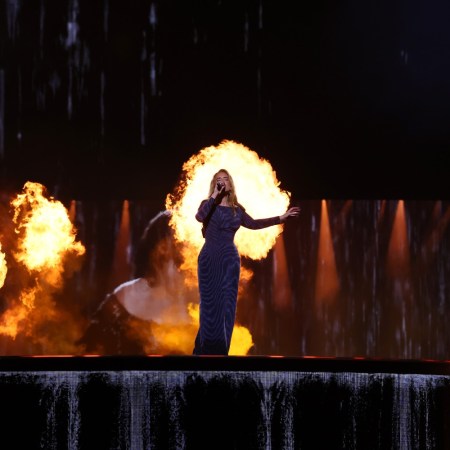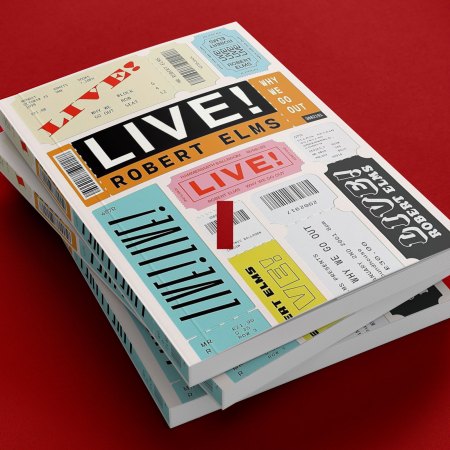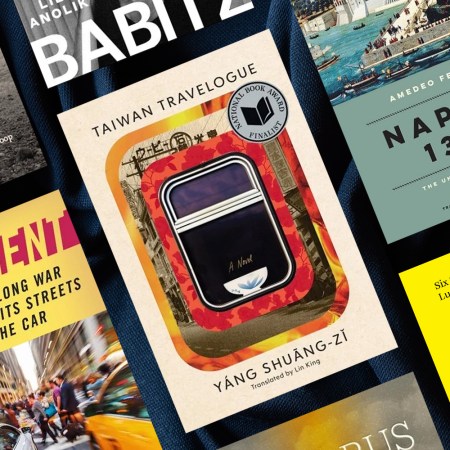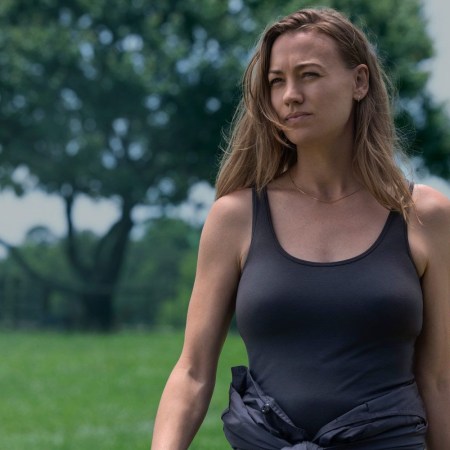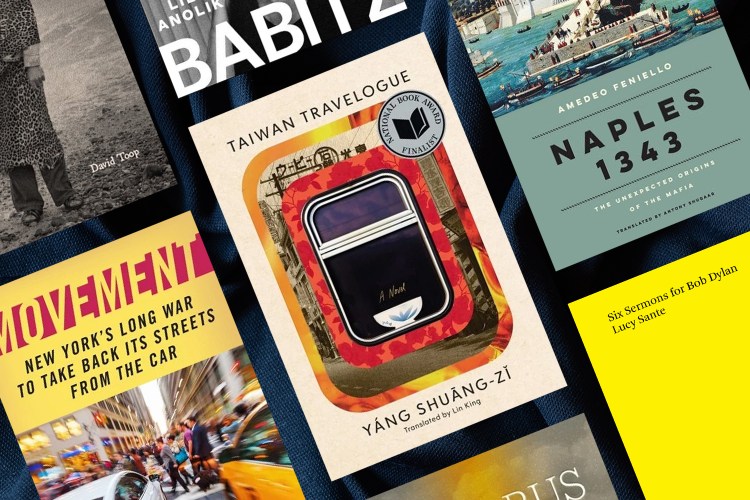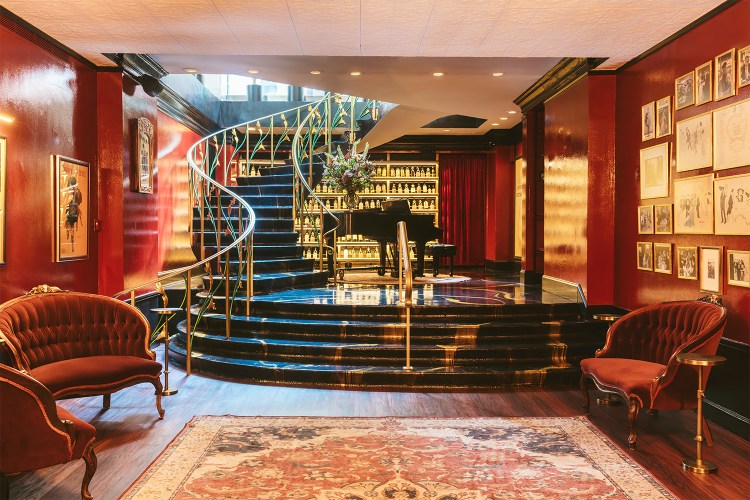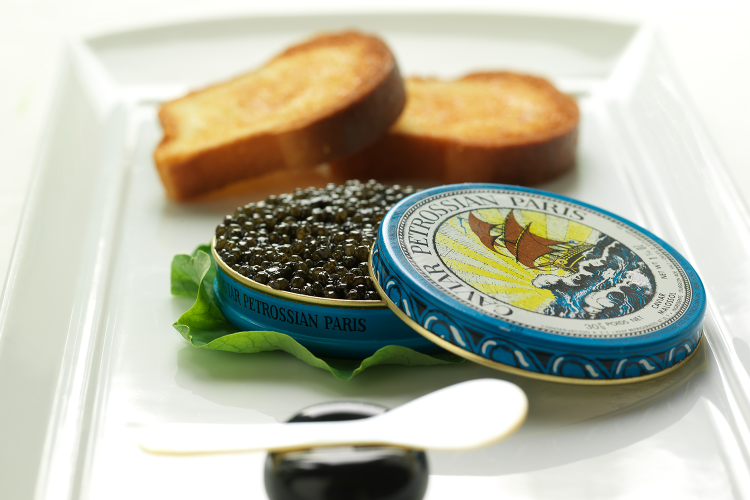Roger Waters, the cofounder, bassist, and conceptual leader of Pink Floyd is a man with many talents.
Mincing words is not one of them.
Waters, who acrimoniously split with his bandmates David Gilmour, Nick Mason, and Rick Wright in 1985 and then sued them for use of the band’s name, was less than complimentary about what his colleagues were able to contribute to the group’s success after things dissolved.
“There was no point in Gilmour, Mason or Wright trying to write lyrics,” he once told Rolling Stone. “Because they’ll never be as good as mine. Gilmour’s lyrics are very third-rate.”
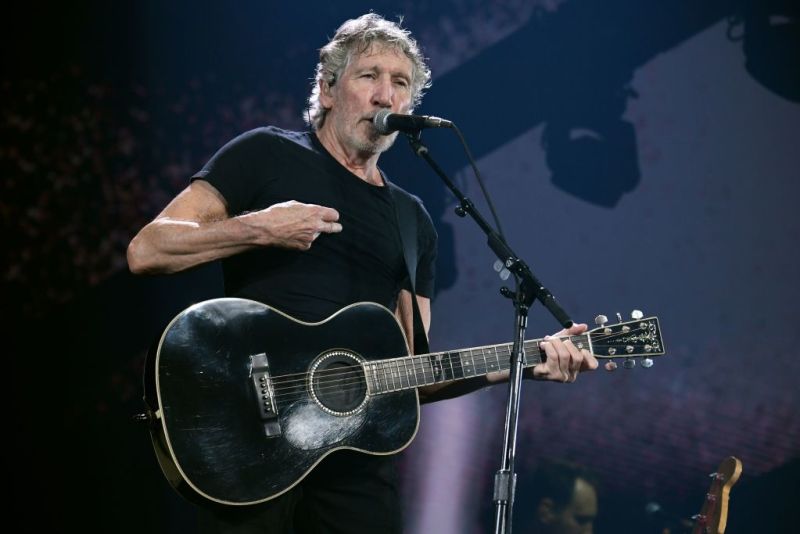
Celebrating his 75th birthday today, Waters’ tongue, like that of so many older gentleman, has only gotten looser with age and he’ll often offer biting political commentary during tour dates these days.
Given that, there’s certainly a wealth of weighty Waters’ proclamations from his recent, as well as early, career that stand the test of time. That’s why, to mark the way this particular crazy diamond has been shining on for three quarters of a century, we’ve rounded up 11 of ’em.
No. 1 – On what is at the core of all his songwriting: “I’ve only ever written about one thing in my life, which is the fact that we as human beings have a responsibility to one another, and that it’s important that we empathize with others, that we organize society so that we all become happier and we all get the life we really want. And the life that we really want is a life where we can all afford to educate our children, so they and our grandchildren can aspire to better and more productive, less aggressive, less competitive, less “rah-rah,” less nationalistic, less colonial, less supremacist lives than the lives we’re forced to live now, controlled as we are by the very few.”
No. 2 – On his anti-Trump stance enraging some fans: “I find it slightly surprising that anybody could have been listening to my songs for 50 years without understanding. Go see Katy Perry or watch the Kardashians. I don’t care.”
No. 3 – On which one’s pink (between himself and Gilmour): “I would be terribly happy for you to like what I’m doing and to like what he’s doing if it wasn’t for the fact that he was calling himself Pink Floyd. He isn’t. If one of us was going to be called Pink Floyd, it’s me.”
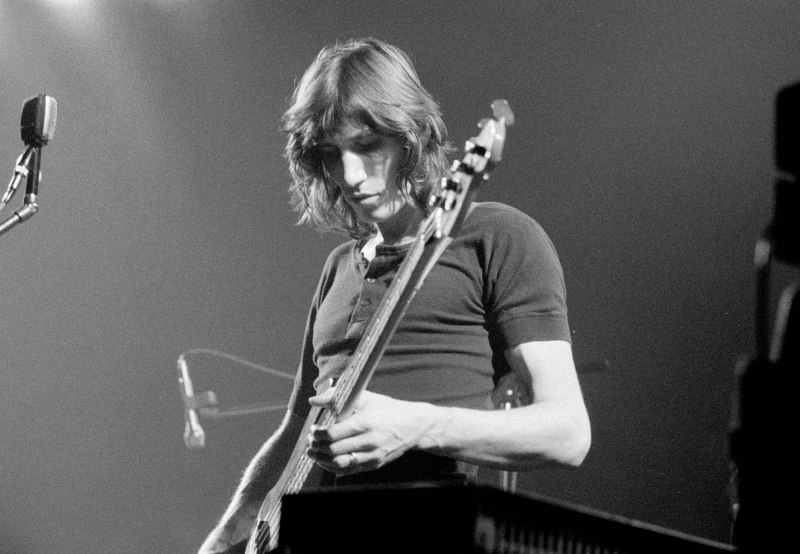
No. 4 – On being happier if he’s in charge: “So everybody knows, this is Roger’s band, we’re all here enjoying ourselves like a big family, and it’s great fun but it’s his band and that’s all there is to it. I do think art has to be a single vision. So for me, it’s easier to work with session musicians than people who want to have an equal say. I’m a creative person and I have very strong opinions on how things should sound and how they should be arranged. But I think I’m better as a social animal than I would be if, say, I was a painter and spent the whole time working in a studio on my own.”
No. 5 – On religious extremists in the U.S.: “It’s very important that we don’t think that there are not fanatical religious extremists here in the United States. There are. They call themselves Christians. But none of what they do has anything really to do with the teachings of Jesus Christ. It has to do with exceptionalism, the belief that they are somehow special. It’s the same with people who have extreme attachments to what they believe are the teachings of the prophet Muhammad. They are not the teachings of the prophet Muhammad. But things get twisted.”
No. 6 – On why he has built a literal wall at shows while performing The Wall: “Clearly, there was a reason that I thought of the idea of building a wall between me and the audience in the first place – somewhere at some unconscious level, I recognized how frightened I was. All of the pushing away of people that went on in my young life and all the aggression and all the spikiness and difficulty all came from the fact that I was absolutely terrified every waking moment of being found out,” he says, “of people discovering that I wasn’t who I wanted to be. I had built this wall that I then described in theatrical terms around myself, all kinds of sexual insecurities, huge feelings of shame.”
No. 7 – On the problem with the American Dream: “Trump is a perfect exemplar of the greed that is inherent in the idea of the American Dream, which is the idea that the individual is more important than the community.”
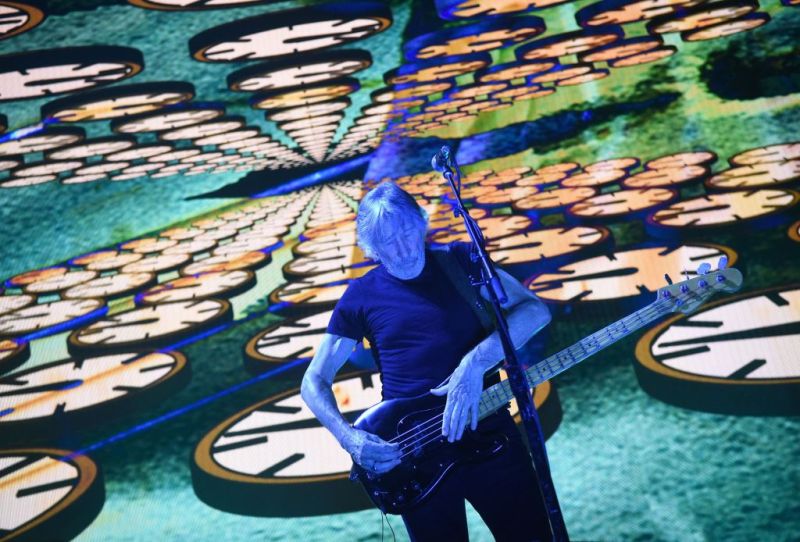
No. 8 – On speaking at his son’s elementary school: “The most terrifying thing I ever did. The idea of standing in front of 80 10-year-olds was absolutely terrifying. I’m serious. Couldn’t sleep for weeks. I couldn’t think what I was going to do. It was really weird, I couldn’t work out why I was so scared. So that’s something I had to confront. And I’ve transcended it in some way. I don’t know what’s happened, but something internal has happened.”
No. 9 – On the perfect lunch: “There’s nothing I like more than lunch. Particularly with my beloved. Nothing better than lunch with the beloved; hopefully, sun and a little bit of sea, somewhere foreign. And then sex in the afternoon, perfect.”
No. 10 – On if he bought into the hippie movement: “I never had anything to do with any of that, ever. Flower power? Are you f-cking kidding me? No way. You have to remember I grew up on [Aldous] Huxley and [George] Orwell and H.G. Wells. We weren’t listening to Timothy Leary or Owsley [Stanley]. That was all nonsense. You don’t even need half an education to figure that out. I am old enough to remember the Atlee government [Clement Atlee, British prime minister from 1945 to 1951]. There was a social revolution in England after the Second World War. There was a shrugging-off of the overlords that characterized the Industrial Revolution and Victorian society. There was a genuine attempt to create a caring society. We still have a National Health Service that is 10 times as good as any health service you will ever have probably.”
No. 11 – On if he’s become less controlling with age: “No. That’s the way the work got done. I am the director. I always was. It’s like you don’t say Scorsese is such a controlling character, or Bertolucci or whoever it may be – you go, ‘Oh, didn’t they make good movies.’ And they do it because they’re controlling. Sometimes it becomes problematic if you have a thing called a ‘group’ and one person is controlling it because he’s doing all the work. So, no, I haven’t become less controlling. I’m much happier now because I’m not pretending to work in a group. That’s not to say I don’t work with a group of people.”
This article was featured in the InsideHook newsletter. Sign up now.
